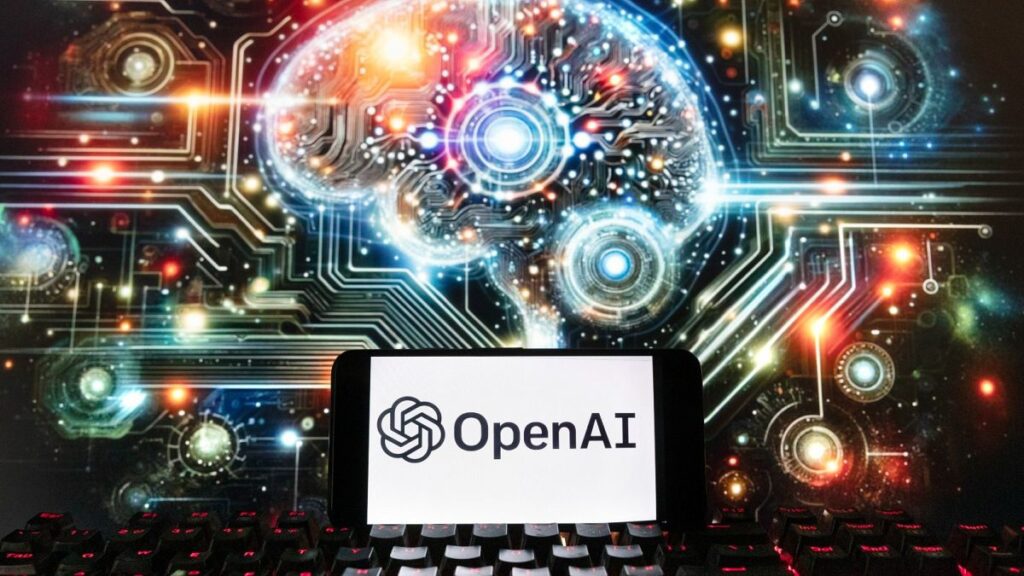What to Expect in AI Advancements in 2025
As we peer into the future of artificial intelligence, insights from top AI chatbots and expert reports paint an intriguing picture of what 2025 may hold. From transformative workflows to the rise of multimodal systems, here are four key developments to watch next year.
1. AI Agents Revolutionizing Workflows
Imagine a workplace where artificial intelligence handles mundane tasks, allowing humans to soar creatively and strategically. This scenario is set to become a reality as AI agents gain traction in businesses. According to predictions from Deloitte, approximately 25% of companies using AI will be ready to implement AI agents by the end of 2025, with that figure expected to reach 50% by 2027.
ChatGPT highlights the potential for AI to streamline operations by taking over routine duties like customer inquiries or initial software coding. Industries worldwide are anticipated to invest around $632 billion in AI by 2028, indicating a seismic shift in how companies operate.
2. The Boom of Industry-Specific AI
Artificial intelligence isn’t just for tech giants anymore; it’s making waves in specialized sectors as well. Known as "narrow AI," this technology promises to enhance fields such as medicine, law, and engineering. Experts like Catherine Breslin, founder of Kingfisher Labs, assert that specific applications of AI are becoming more accessible and crucial for professionals.
For instance, in medicine, AI could aid in drug development or reduce administrative workloads, allowing healthcare providers to focus on patient care. Breslin emphasizes, “With advancements in narrowing AI, the exploration of its utility in various domains is just beginning.”
3. Smart Devices Powered by AI
Get ready for an explosion of AI-infused devices in our daily lives! As companies roll out next-gen smartphones and laptops, predictions indicate that generative AI could be incorporated into roughly 30% of all devices by the end of 2025, spiking to 50% among laptops. Transitioning industry-specific AI to personal technology means we could see apps that function without constant internet access, making AI more versatile and user-friendly.
Breslin notes that smaller language models, like Microsoft’s Phi-4, are paving the way for more efficient AI computing on our phones. This means greater accessibility and faster, smarter technology right at our fingertips.
4. Enter the Era of Multimodal AI
Get ready for AI systems that comprehend and create across multiple mediums. In 2025, advancements in multimodal AI will empower technology to process text, images, audio, and video simultaneously. Imagine an AI analyzing market commentary videos, enlisting cues like tone and facial expressions for a richer understanding of investor sentiment!
Google’s AI system, Gemini 2.0, is one of the first to showcase this capability. However, challenges such as regulatory hurdles may impact the availability of advanced multimodal AI across regions, affecting its reach and potential.
Wrapping Up
The forthcoming advancements in AI promise to reshape industries and everyday life significantly. With AI agents altering workflows, specialized AI enhancing professional practices, smart devices transforming our tech experiences, and multimodal capabilities redefining content generation, the future is indeed bright.
The AI Buzz Hub team is excited to see where these breakthroughs take us. Want to stay in the loop on all things AI? Subscribe to our newsletter or share this article with your fellow enthusiasts.




